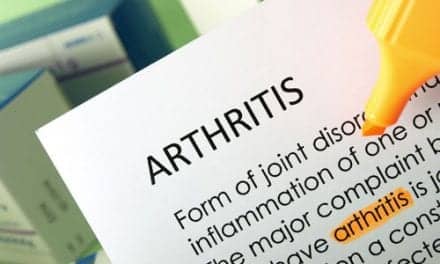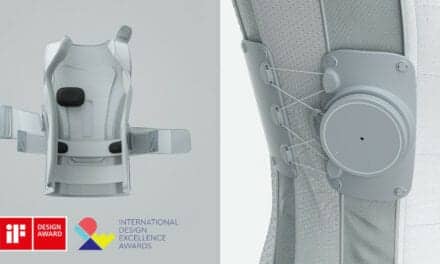The American Academy of Orthopaedic Surgeons (AAOS) Registry Program announces the availability of two new clinical data reports – the American Joint Replacement Registry (AJRR) 2021 Annual Report Supplement and the AAOS Patient-Facing Registry Report.
These reports, which were released during the AAOS 2022 Annual Meeting in Chicago, offer actionable information to guide physician and patient decision making to improve care.
AAOS’ AJRR 2021 Annual Report Supplement
AJRR is the largest orthopaedic registry in the world based on annual procedures submitted. Data presented in the AJRR 2021 Annual Report Supplement were submitted to the AJRR by 1,152 institutions through June 2021, covering procedures from 2012 to 2020. For the third consecutive year, the supplement includes reporting of device-specific cumulative percent revision estimates, drawn from the registry’s unique linkage with Centers for Medicare & Medicaid Services (CMS) claims data. This year’s analysis also examines data from patients with a prior diagnosis of COVID-19 whose information was submitted to the AJRR through the capture of appropriate ICD-10 coding.
“The AJRR Supplement provides the most comprehensive picture to-date of patterns of hip and knee arthroplasty practice and outcomes in the United States,” said James A. Browne, MD, FAAOS, chair of the AJRR Publications Subcommittee and editor of AJRR Publications. “Last year, we added ICD-10 coding to the AAOS Registry Program with the goal of monitoring the impact of COVID-19 on outcomes, trends of surgery based on the pause in elective surgery, and the trends of patient-reported outcomes due to delayed procedures. This report not only offers a look at the initial data as it relates to quality of care, but also previews the impact of COVID-19 on CMS value-based payment models and coverage for patients recovering from COVID-19.”
While patient numbers were limited in the COVID-19 cohort (n=296), the unadjusted rate of 90-day readmission was significantly lower compared to the non-COVID-19 group (1.4% and 4.3%, respectively; p=0.013). No significant relationship was found between 90-mortality and COVID-19 status (p=0.41).
“Although preliminary and not risk adjusted, this data is a first look at COVID and its impact on hip and knee arthroplasty and should provide some degree of reassurance to clinicians and patients,” said Dr. Browne.
To read and download the AJRR 2021 Annual Report Supplement, visit AAOS.
[Source(s): American Academy of Orthopaedic Surgeons, PR Newswire]





